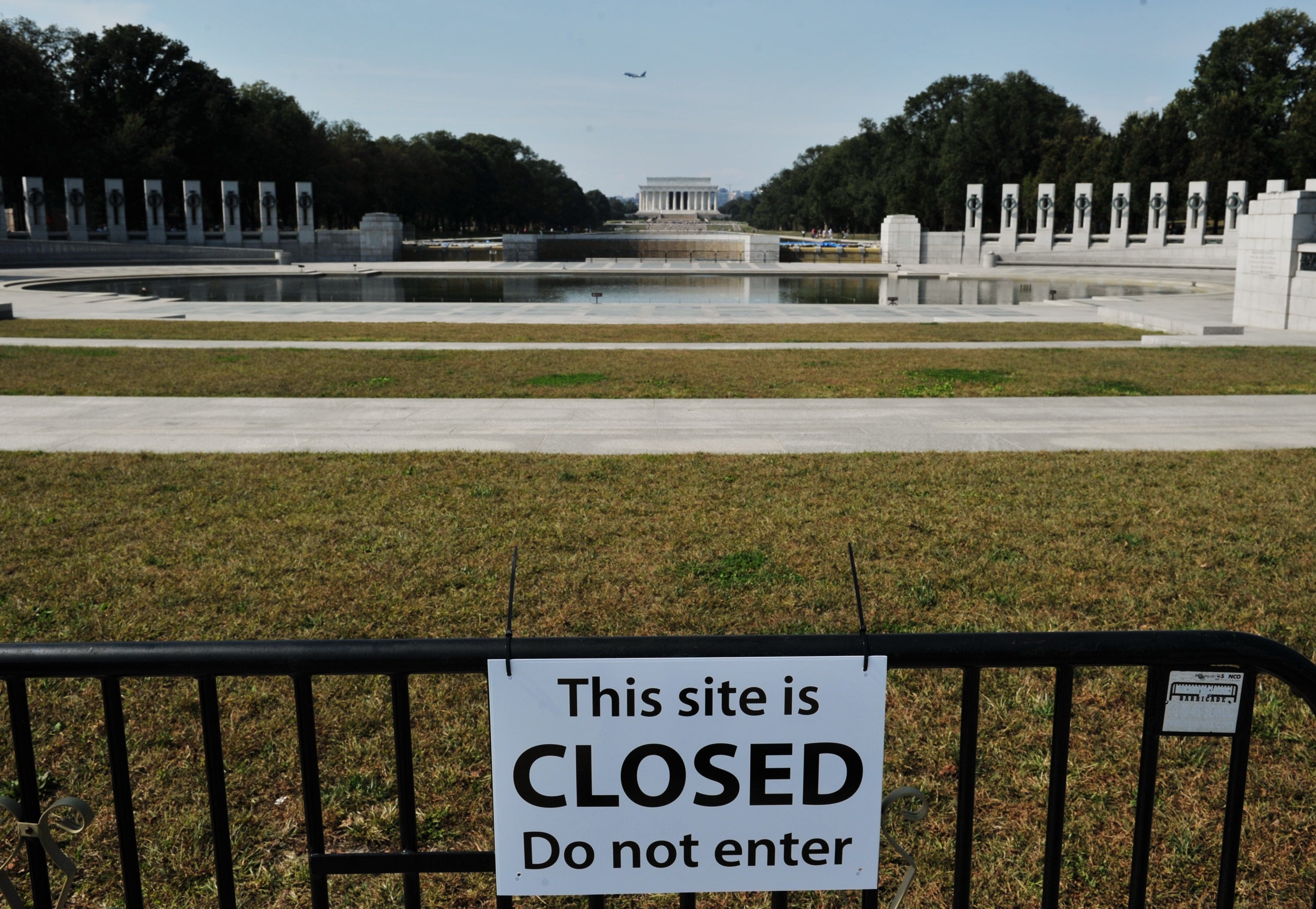When you're in the military, you move where your service sends you — including coastal areas prone to flooding, inland areas prone to wildfires, or other places prone to their own particular variety of natural disaster.
If you buy a house in such a place, you need to be aware of extra costs that might be associated with insuring those properties — as well as ways you can possibly cut the costs.
That doesn't mean ignoring your insurance needs, which could result in a much bigger expense if your house is damaged.
For starters, everyone should look into earthquake and flood coverage, which are not part of normal coverage for homeowners. Find out whether your area could be susceptible and insure your home accordingly.
To mitigate the risk of damage from wildfires, USAA has taken some steps. In California, policyholders in neighborhoods that participate in the national Firewise Communities/USA program can get a 5 percent discount on their homeowners insurance premiums. The discount applies to policies issued or renewed on or after Oct. 1, 2014.
That program, administered by the National Fire Protection Association, provides a five-step template for wildfire safety at the neighborhood level. The discount is provided to USAA policyholders who live in communities recognized by the program. A list of those communities is available on the Firewise website, www.firewise.org.
For USAA homeowners or renters in 14 states prone to wildfires, the company has contracted with Wildfire Defense Systems for a program to monitor wildfire activity and take measures to help protect homeowners' property when an active wildfire is nearby, SAA spokeswoman Rebecca Hirsch said.
WDS sends certified wild land firefighters behind fire lines — with the permission of the on-scene commander — to assess the risk and help with mitigation efforts. There's no additional cost to homeowners or renters with USAA policies. Once enrolled in the program, policyholders don't have to take any additional action.
The damage from hurricanes and costs to insurance companies have resulted in potentially higher costs for homeowners in the event of future storms. In coastal areas at high risk, insurance companies often require a hurricane or wind deductible.
Watch for higher deductibles for wind and hail damage, and for damage from hurricanes, said Mike Nixon, vice president, insurance operations for Armed Forces Insurance.
"The coverage is there. It's just whether the deductible is higher or not," he said.
That varies from state to state and company to company, so it pays to check your policy and ask your insurance company questions about the coverage, he said.
The deductible is what the homeowner has to pay out of pocket before the insurance coverage kicks in. Generally if you choose a higher deductible, you'll pay lower premiums.
For most perils and losses, such as fire or theft, the deductible might be $500 or $1,000, for example. But because of the previous costly losses, the deductibles for hurricane coverage and wind coverage are calculated differently in some cases, as a percentage of the value of the house. Homeowners bear more of the brunt of the cost.
A cost of 1 percent or 2 percent may not sound like much, but 1 percent of a $250,000 house would equal a deductible of $2,500, while 2 percent would be $5,000. Again, this is what you'd have to fork over out of your pocket in the event of extensive wind or hurricane damage.
According to a press release from the Insurance Information Institute, hurricane and wind deductibles can range as high as 5 percent of a home's value. On a $250,000 home, 5 percent would be a hefty $12,500 deductible.
Hurricane deductibles are triggered when certain criteria are met, such as when a Category 1 storm makes landfall. These triggers vary by state and insurance company, according to the Insurance Information Institute. In some coastal states, companies may offer policyholders the option of paying a higher premium in return for a lower deductible.
The institute notes that hurricane deductibles have made more private insurance coverage available in coastal states, and a more competitive market means more choices for consumers who shop around for the insurance that best fits their needs and their wallets.
Nineteen states and the District of Columbia have hurricane deductibles, according to the institute, which is sponsored by the insurance industry. They are Alabama, Connecticut, Delaware, Florida, Georgia, Hawaii, Louisiana, Maine, Maryland, Massachusetts, Mississippi, New Jersey, New York, North Carolina, Pennsylvania, Rhode Island, South Carolina, Texas and Virginia.
Karen has covered military families, quality of life and consumer issues for Military Times for more than 30 years, and is co-author of a chapter on media coverage of military families in the book "A Battle Plan for Supporting Military Families." She previously worked for newspapers in Guam, Norfolk, Jacksonville, Fla., and Athens, Ga.





